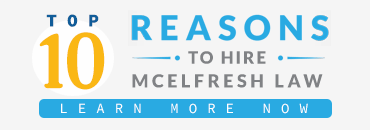The thought of bouncing a check is horrific in some people’s minds, but others take advantage of the lag in making payments through checks and the inability to verify the information on them right away. Some other people take it even further and use fake, altered, or bad checks to defraud individuals or businesses. There are other types of check fraud as well, and they are all serious offenses under California law. If you’ve been charged with check fraud, it’s important to call a San Diego fraud attorney right away. A lawyer will understand the law and get to know the nuances of your situation in order to build your defense.
What is Check Fraud?
Anytime someone makes or possesses a fake or altered check that they intend to defraud someone with and then they give that check to the other person saying it’s genuine, they’ve committed check fraud under California Penal Code §476.
For instance, a check can sit for a day or two before it’s presented to a bank, and the banking process means it may take another day or so before the person is aware they were given a bad or fake check. Often times there’s little to no recourse if the person intended to commit fraud. If the information on the check is fake, you have no person or bank to go to for payment. However, if the check isn’t entirely fake but merely bad or altered, an individual may be able to bring civil charges or alert the authorities to a crime.
In actuality, the state penal code calls this offense forgery, it’s just more commonly known as check fraud. California expressly prohibits forgery under Penal Code §470. Forgery occurs when someone knowingly intends to commit fraud by signing someone else’s or a fictitious name.
Types of check fraud include but are not limited to:
- Creating an entirely fake check
- Putting a fictitious financial institution on a check
- Signing a fictitious name on a check
- Faking someone’s signature on their check
- Changing the dollar amount on a check
There are clearly numerous ways to commit check fraud, but they all boil down to a check that isn’t authentic or valid, as well as the person’s intent to defraud another.
Real world examples of check fraud are:
- A teenager steals one of his parent’s checks and forges the father’s signature to buy video games
- A store owner changes the amount on a check from $100 to $1,000 to be paid more for a product
- A sophisticated individual prints an entirely fake check to use to buy designer clothing
Additionally, it doesn’t have to be an altered or fake check to be forgery. It can also be an altered or fake money order or any other legal instrument used to obtain money or property.
Writing a Bad Check
California Penal Code §476a prohibits writing and delivering checks that are known to have insufficient funds behind them with the intent to defraud another. This doesn’t cover when someone accidentally writes a check that bounces because they didn’t pay close enough attention to their finances. Under the law, a person must write a bad check with the intent to defraud someone to be guilty of an offense.
Check Fraud Penalties
Depending on your criminal history and the specific facts of your case, you can be charged with misdemeanor or felony check fraud. However, a forged check for less than $950 will always be a misdemeanor.
A misdemeanor conviction comes with a penalty of up to one year in jail and a maximum fine of $1,000. Upon a felony conviction, you can be sentenced to up to three years in jail and a maximum fine of $10,000.
Defenses for Check Fraud
A knowledgeable fraud lawyer can use many defenses to show why you aren’t guilty of check fraud, including that you’re falsely accused of the offense, you didn’t know the check was fake, you didn’t intend to defraud someone, or that the forged document didn’t deprive anyone else of their rights. Your attorney can also argue you had consent to alter the check.
Contact a San Diego Check Fraud Lawyer
A charge of check fraud, of any kind, needs to be taken seriously. Even a misdemeanor when you have no criminal history has grim consequences. An infraction against you for even a minor offense still results in a criminal record. It will show up on background checks and you will need to report it on applications for schools, jobs, and loans. It might not seem like a big deal until it begins to interfere with your future.
Because of the consequences of a criminal conviction, if you’ve been charged with check fraud, you should contact an experienced San Diego fraud attorney that understands the law and can protect your rights in court. If a conviction is likely, a skilled criminal defense lawyer will work to reduce the punishment.
To learn more, contact San Diego check fraud lawyer Jessica McElfresh at (858) 756-7107.
